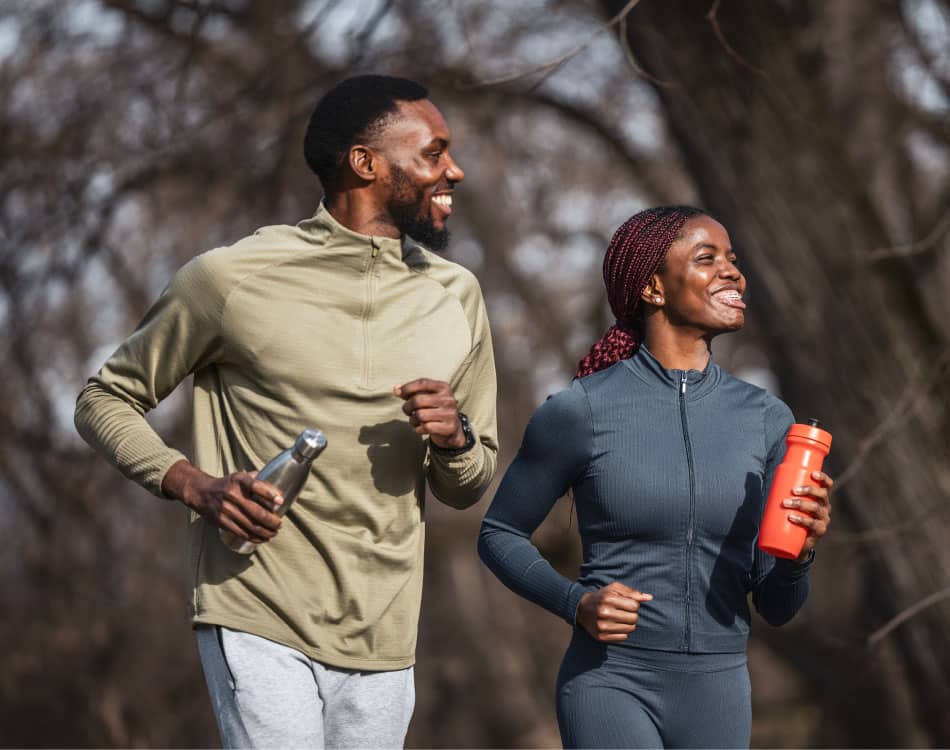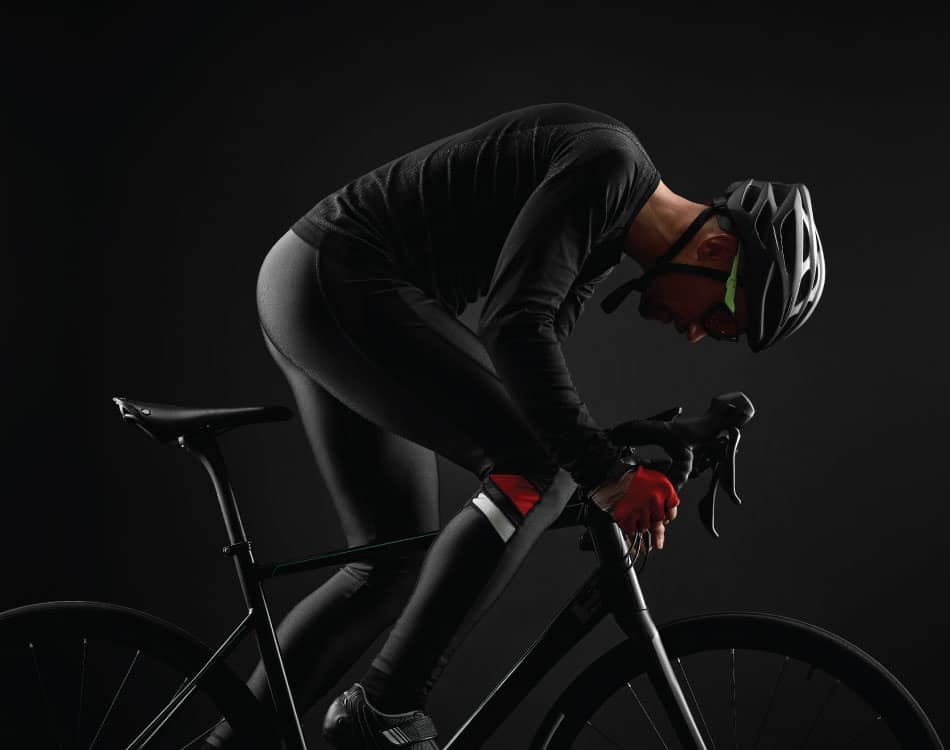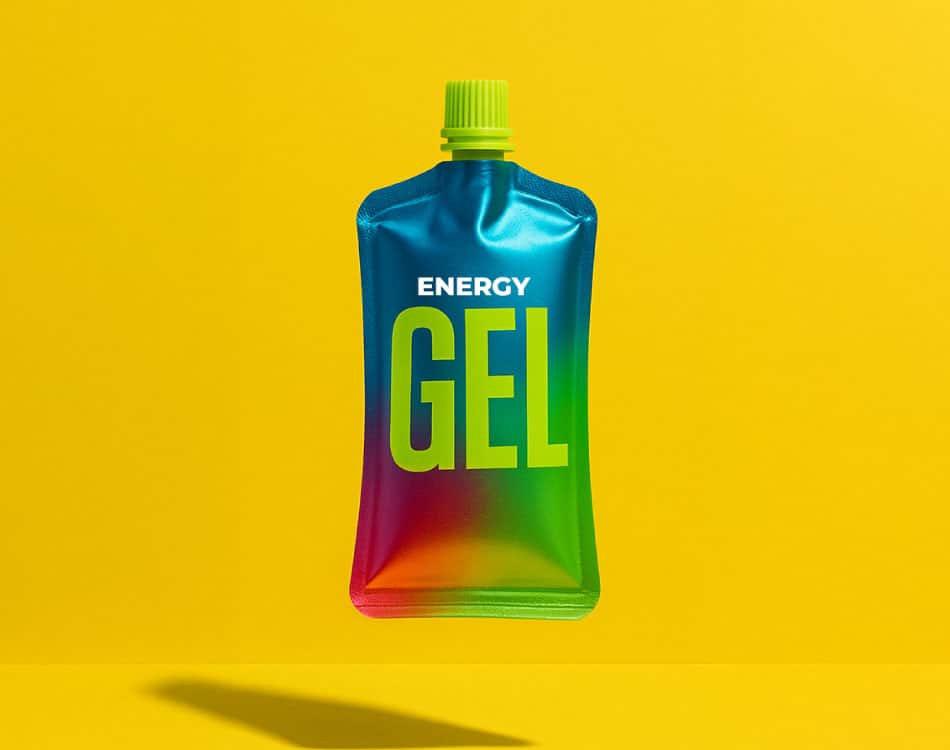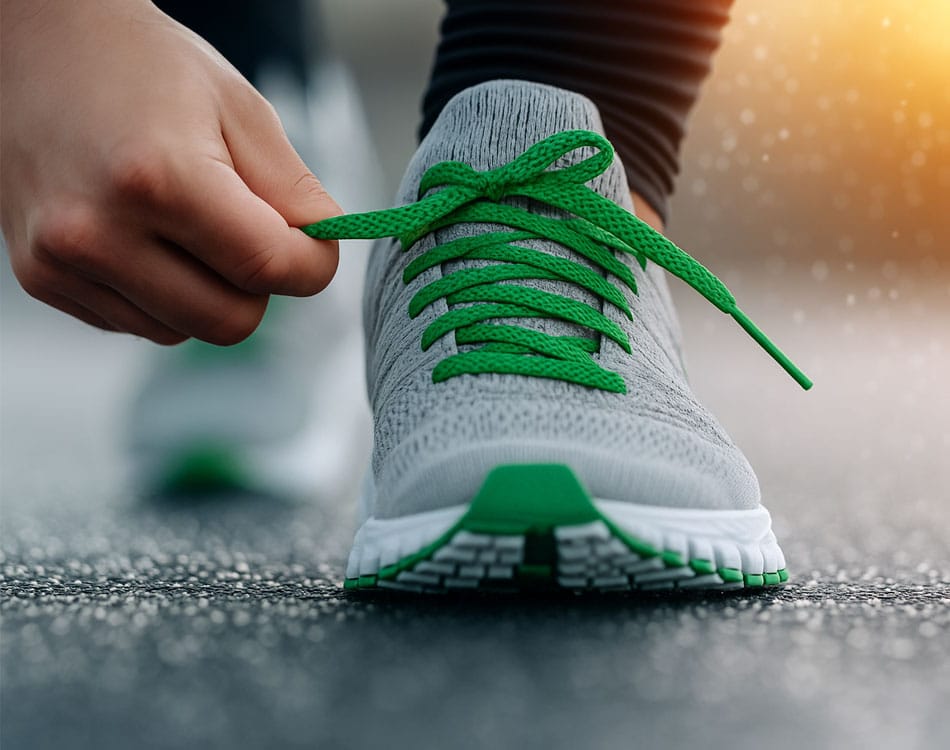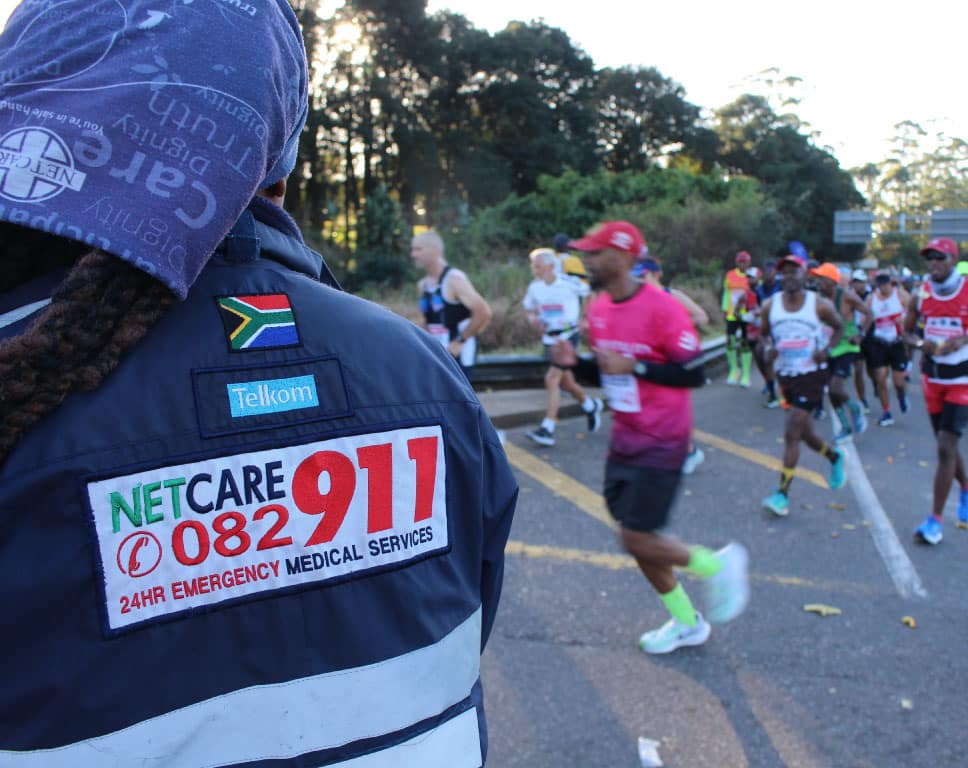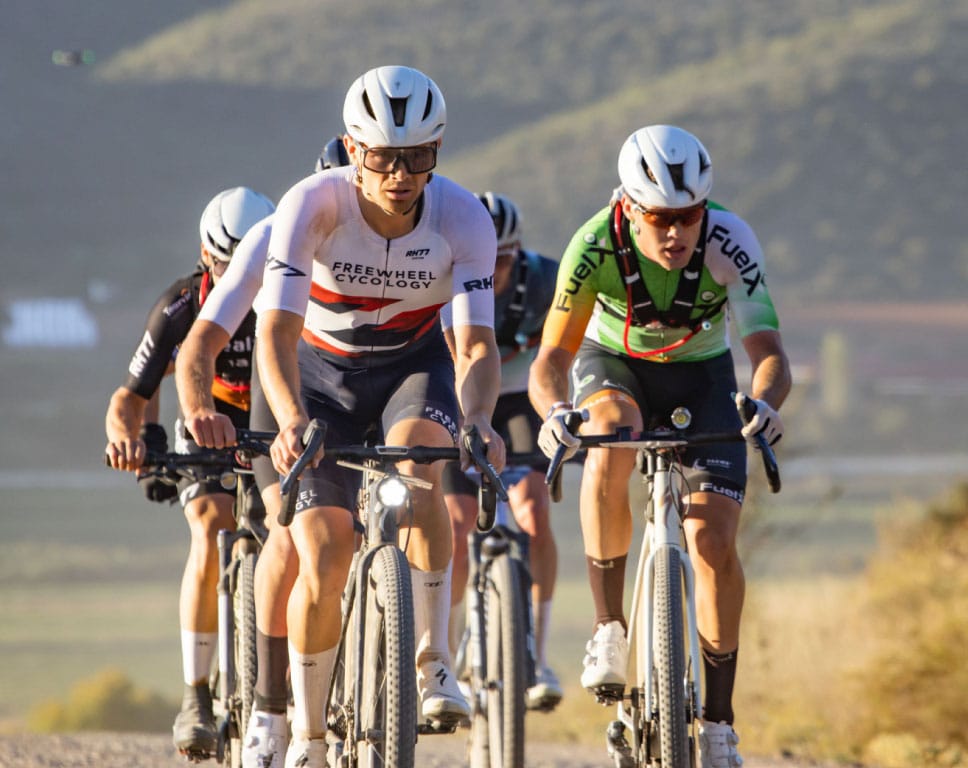The Sport, Exercise Medicine and Lifestyle Institute (SEMLI) at the University of Pretoria (UP) in association with the International Olympic Committee (IOC) Research Centre of South Africa have launched a study on the effects of COVID-19 and other respiratory infections on athletes returning to training and competition.
The Athletes With Acute Respiratory Infection (AWARE) research study will be done in collaboration with local academic institutions, namely the South African Medical Research Council, Stellenbosch University and the University of the Witwatersrand, international academic institutions including the University of Melbourne and Copenhagen University Hospital, as well as sports organisations such as the IOC, FIFA, IRONMAN Argentina and World Rugby, among others.
Quantifying the threat to athletes
“Since the first case of the novel coronavirus (SARS-CoV-2) was described in late 2019, the COVID-19 pandemic has added an unparalleled and extraordinary threat to the health of all people, including recreational and professional athletes around the world,” says Professor Martin Schwellnus, director of SEMLI.
About 50% of all acute illness in athletes during competitions and tournaments affect the respiratory tract, he explains. Some acute respiratory infections, such as COVID-19, negatively affect multiple organs in the body, which can cause a drop in exercise performance and increase the risk of medical complications occurring during exercise.
A safe return to training and sport
As lockdown restrictions are gradually lifted, the SEMLI community is being called on to urgently advise and guide organisations and individual athletes on how they can safely return to sports training and competitions following a COVID-19 infection.
“The current return-to-play guidelines for athletes are an adaptation of a clinical tool known as the ‘neck check’, where the decision to exercise or not is based on symptoms and signs being either localised (above the neck) or systemic (below the neck),” explains Prof Schwellnus.
“But limited research data support its use, and the use of this tool to guide return-to-play following COVID-19 has been questioned.”
There is increasing evidence that the virus can affect multiple organs including the lungs, kidneys and heart, and increases the risk of blood clot formation. There might also be neurological symptoms and potential negative effects on skeletal muscle.
There is, however, no data that determines whether the negative effects on organs are exacerbated in athletes as they return to full training and competition.
“Such residual symptoms might not affect only sports performance but could increase the risk of medical complications occurring during high-intensity exercise,” Prof Schwellnus says.
“The decision as to when it is safe for an athlete with recent or current symptoms of an acute respiratory infection can return to exercise remains one of the most challenging clinical decisions for a sport and exercise medicine physician or health professional involved in the management of athletes.”
Research-backed guidelines
The AWARE research study aims to answer these questions by tracking the symptoms and recovery of athletes after they have experienced a recent acute respiratory infection, including COVID-19.
This will allow experts to establish guidelines that health professionals around the world can use to advise competitive and recreational athletes as they return to sport after COVID-19 or some other respiratory infection.
SEMLI is inviting athletes who compete at all levels and in different sports to be part of this important research, including:
- Elite/professional, competitive and recreational athletes (those participating in community-based sports events, and who regularly train a minimum of 3 hours per week or under the guidance of a coach), with or without disability
- Athletes between 18 and 60 years of age
- Athletes who have had any symptoms of a respiratory infection (any flu-like illness including COVID-19) in the past six months, such as a sore throat, blocked or runny nose, cough, loss of smell or taste, difficulty breathing, chest pain, fever or chills, excessive tiredness or unexplained general muscle/body pain, or
- Who have had a COVID-19 test in the past six months (with or without symptoms).
Participants will be asked to complete an online questionnaire about their history of symptoms that are suggestive of a recent acute respiratory infection, including COVID-19.
For more information about the study and how to become involved, contact aware_covid@semli.co.za.


